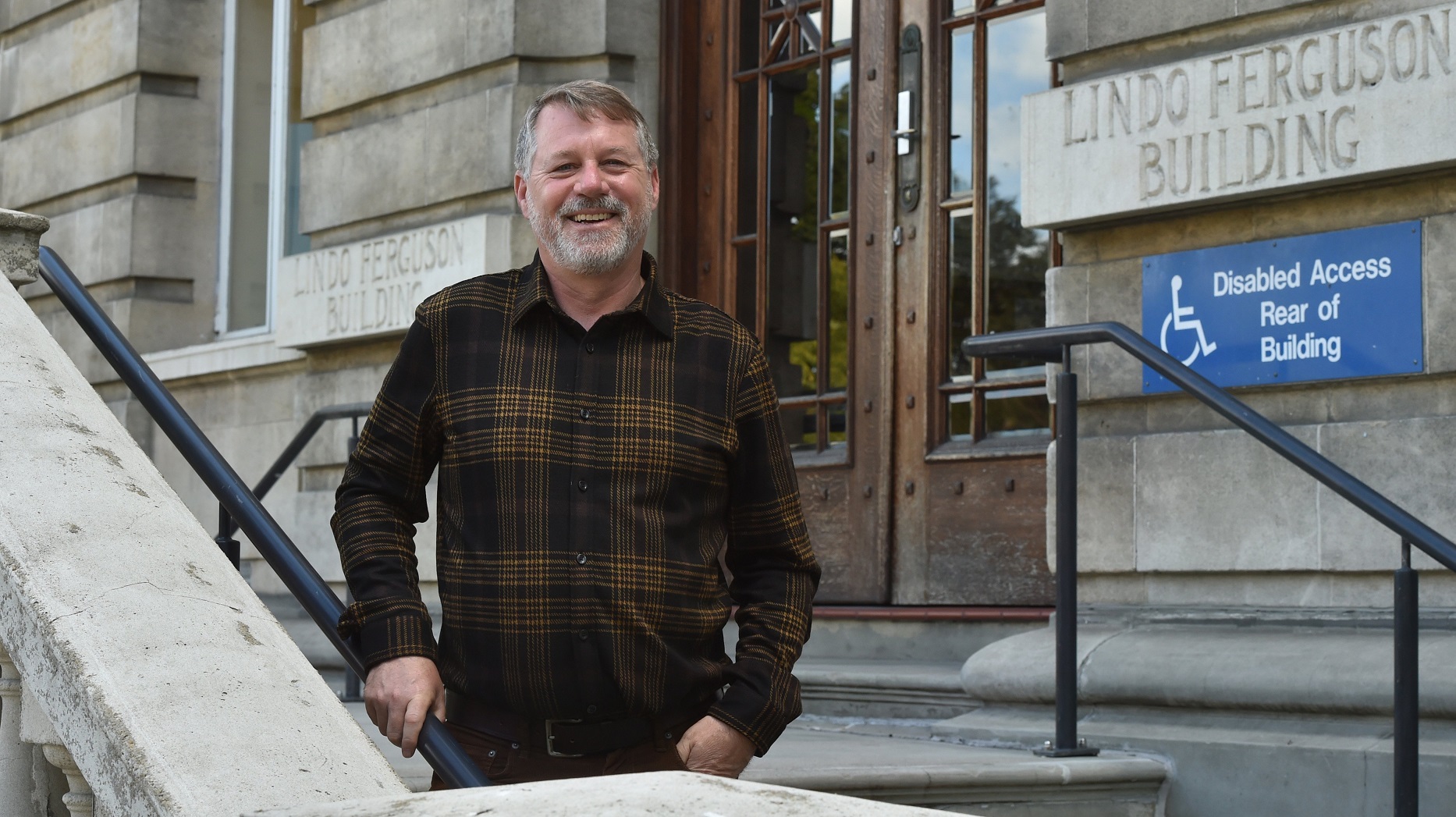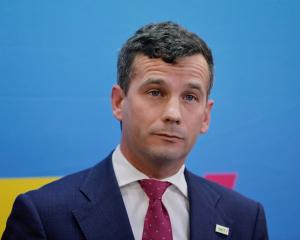
Vaccinologist and epidemiologist Professor Orin Levine, who currently works in international health at Johns Hopkins University, shared the insights of a 30-year career in global immunisation during a guest lecture at the University of Otago on Tuesday.
"For the size of the city, you have incredible access to expertise and experience in infectious disease and immunisation," Prof Levine said.
Notable experts included university professor Peter McIntyre, who "makes vaccine policy for the world" as part of a World Health Organisation advisory committee, as well as Prof John Crump and Phil Hill.
Until 18 months ago, Prof Levine worked for the Gates Foundation, and was enthusiastic about the impact small innovations could have when scaled up.
"There is just a ton of opportunity for innovation to make a big difference in people's lives."
An example of a small success being adopted on a wider scale was India’s "cold chain" system, which kept vaccines at the requisite 2°C-8°C until they were used, even in hot temperatures and even — by using solar power, insulation, and ice — in areas without electricity.
"It's a chain of individual refrigerators effectively, or cold boxes, that can keep a vaccine at that safe temperature from the manufacturer all the way to the kid’s arm in the most remote place that exists."
Matching recording software was also developed so people could check online for problems such as power cuts or supply shortages and co-ordinate to solve them.
The Gates Foundation was an early investor in the technology, and foundation partner the Global Alliance for Vaccines and Immunisation (GAVI) then funded a national roll out.
The United States still had nothing even modstly approaching it, he said.
Global immunisation was in the best state it had ever been, despite issues such as vaccine misinformation, lack of availability or a lack of convenience, and a worrying resurgence of measles.
This year marked the 50th anniversary of the World Health Organisation’s expanded programme on immunisation and Prof Levine said "incredible" progress had been made in that time, with an estimated 17 million lives saved.
"Fifty years ago, only 5% of all the kids in the world got very basic vaccines ... and most of those were in richer countries and almost none in poor countries."
Now the overall figure was more than 80%.
"We are preventing a huge number of historically horrible diseases, meningitis, cholera, typhoid, now the latest is malaria."
The Covid-19 pandemic had led to the development of mRNA vaccines, an area with great potential to improve disease prevention.












